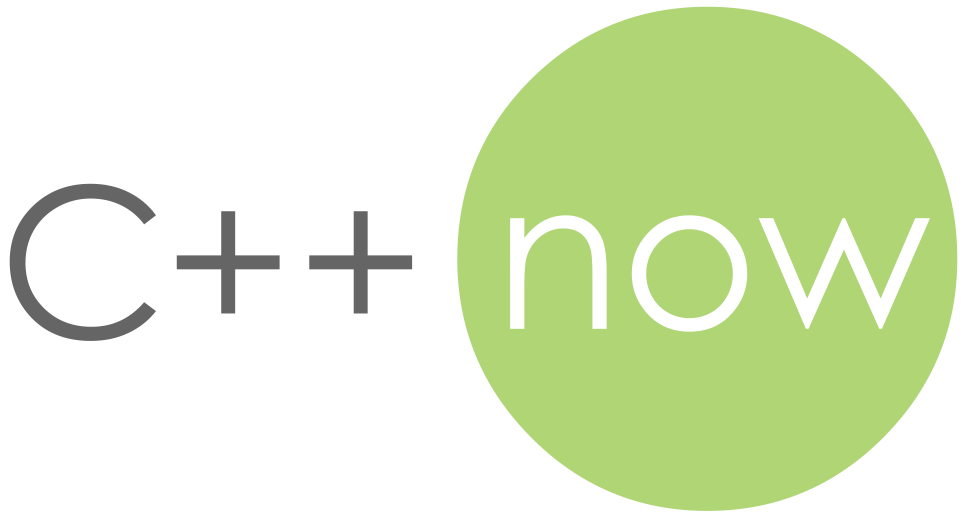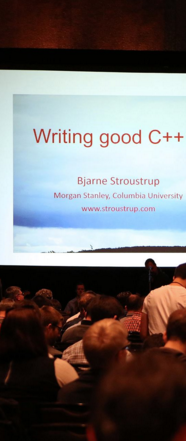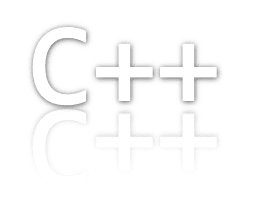C++Now 2016 Call for Submissions is Live
C++Now 2016 will be held in Aspen, May 9–14, 2016.
From the invitation:
Building upon the resounding success of previous BoostCon and C++Now conferences, C++Now 2016 will present leading speakers from the whole C++ community.
The C++Now Conference is dedicated to discussion and education about C++, an open and free language and standard. Our Conference will focus on discussion and education about open source software usage and developments in the C++ developer and user community. To reflect the breadth of the C++ and Boost communities, the conference includes sessions aimed at three constituencies: C++ and Boost end-users, hard-core library and tool developers, and researchers pushing the boundaries of computation. The program fosters interaction and engagement within and across those groups, with an emphasis on discussion.
As a multi-paradigm language, C++ is a melting pot with the most compelling ideas from other programming communities blending in powerful ways. Historically, some of the most popular sessions at C++Now have highlighted these concepts, from DSLs to functional programming to transactional memory and more. Bring your C#, Python, Ruby or Haskell influences to bear in an environment that will broaden their exposure.At C++Now 2016 we would like to focus on the now established C++11 and C++14 standards and how those standards shape C++’s future. However, by no means is this intended to restrict the topics of proposals we hope to see. Any other topic related to C++, as described below, is suitable for submission.
This year's window for submitting is shorter than normal. Submissions must be in by January 29th, less than four weeks away.

 An interesting article:
An interesting article: As we enter 2016, here is another reminder of just how much has happened for C++ in just the past year:
As we enter 2016, here is another reminder of just how much has happened for C++ in just the past year: A lot has happened in C++ in 2015! As we close out the year, here's a retrospective from an experienced C++ developer:
A lot has happened in C++ in 2015! As we close out the year, here's a retrospective from an experienced C++ developer: